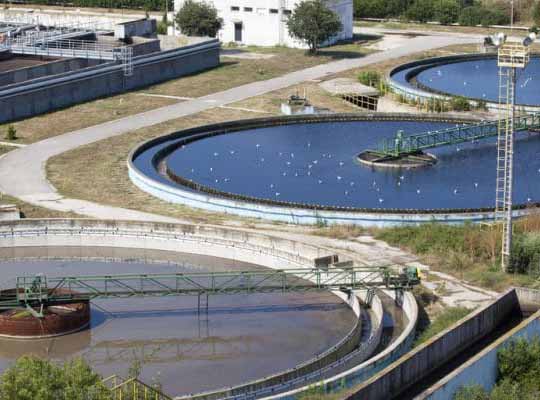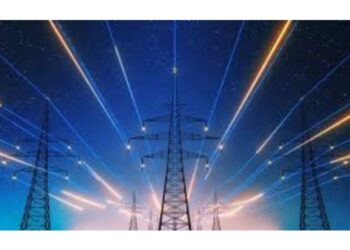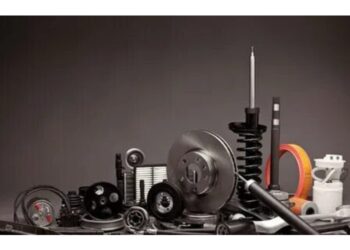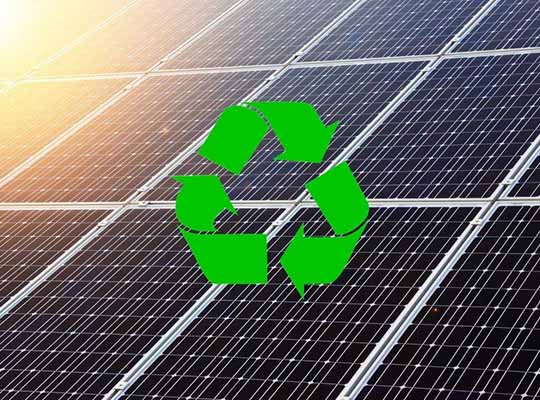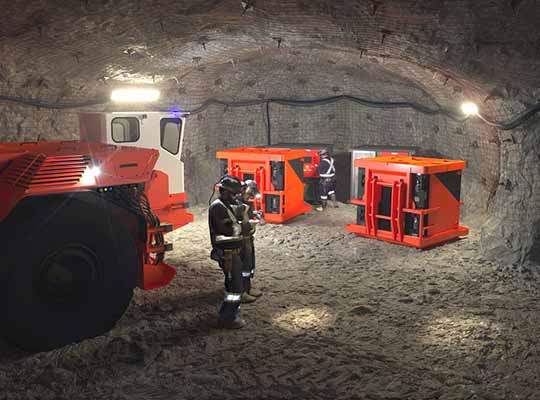Every single day industries not only consume a significant amount of water but also discharges it. A growing concern is that 6.2 billion litres of untreated industrial wastewater is generated every day across India. Therefore, to create a sustainable industrial model for wastewater treatment, the focus must now shift towards the right measures in ensuring efficient treatment of this wastewater. The private sector can play a key role here by adopting smart and sustainable solutions that can help reduce water wastage or increase wastewater reuse. Thankfully, today, technology and digital solutions like automation, Internet of Things (IoT), smart sensors can play a pivotal role in helping industries manage their wastewater more effectively.
Handling wastewater is a crucial part of any industrial water solution, and pumps play a key role in every application. Often, wastewater in industrial applications can be unpredictable, and an industrial wastewater solution has to be tough enough to deal with everything from grit and grease to large particles. Wastewater pumps need to be efficient, reliable and intelligent to handle these changing wastewater qualities. You also need to be certain that the water leaving the system is of the right quality before it enters the sewer or the environment.
Leveraging technology for wastewater treatment
Grundfos offers wastewater pump systems for all relevant industry applications. Industries get the most efficient treatment of organic and chemical wastewater and intelligent measurement and control for maximum safety and minimum downtime.
Grundfos’ wastewater solutions allow industries to connect to real-time monitoring, remote control, fault prediction and system optimisation. Grundfos iSOLUTIONS brings a new era of intelligence to pump systems and water technology with solutions that look beyond individual components and optimise the entire system. Powered by our deep understanding of water, Grundfos iSOLUTIONS utilises intelligent pumps, cloud connectivity and digital services. Together they enable real-time monitoring, remote control, fault prediction and system optimisation to help you reach a new level of performance. For example, at the Pharmez SEZ in Ahmedabad, a common effluent treatment plant was setup to treat wastewater discharge by 12 pharmaceutical companies in the zone[i]. Grundfos provided the right energy efficient products for the setup of this plant from digital dosing pumps to solar surface pumps. All these connected through intelligent solutions helped achieve a significant reduction in power consumption with minimal maintenance and downtime.
Industries raising the bar
Treatment of industrial wastewater involves myriad processes from the intake of wastewater, the process includes interim steps such as chemical treatment, substance removal and water conditioning, followed by distribution of treated water for reuse. Grundfos water treatment pumps serve perfectly and are tailor-made for individual processes such as disinfection, stabilisation monitoring, control and high pressure. All these pumps can be combined in an intelligent way, offering accurate and efficient dosing of additives prior to or during the treatment process.
Grundfos also has a range of extremely strong mechanical dosing pumps that work well with applications requiring reliable dosing and high-pressure capabilities that require minimum maintenance:
- BMS booster modules that are used for reverse osmosis and filtration applications can also be utilised for purification modules in treatment plants.
- End suction NKG, NBG and Vertical inline CRN pumps that are both heavy duty and efficient in their performance.
- The distribution in the industry could be equipped by Hydro MPC system, an energy efficient pressure boosting system that is compatible with up to six parallel connected pumps and has an integrated controller for optimal operation.
When it comes to filtration in wastewater treatment plants, the focus is largely on filtering out the effluents to improve water quality. The right technology can help in recovering valuable nutrients from the wastewater, such as phosphorus and nitrogen, which can be used for other applications such as farming. A water treatment plant in China was dealing with a huge amount of water leachate due to the growing dumping of waste in the landfills. The standards to operate and treat water were getting stricter and hence they needed a more efficient and reliable system. With the usage of Grundfos industrial and water treatment pumps from heavy-duty, multistage CRN pumps to NKG and NBG end-suction pumps to BM high-pressure booster modules, they could keep up with the pace. With all the needs met, the plant could treat all the wastewater and discharge it directly while some was even fit for reuse.
Smart products to the rescue
Grundfos with its years of experience has advanced development methods to manufacture pumps that are designed and tested for wastewater installations. The company can help industries build a virtual design of a wastewater pump – a 3D model – that lets it run flow simulations and Computational Fluid Dynamics (CFD) design loops to optimise the design before building a physical prototype. Grundfos also runs simulations of cavitation and fibre handling, for example, at the same time as it physically tests clogging and flow.
Grundfos’ intelligent solutions enable predictive maintenance and system optimisation that indicates a potential optimisation in relation to pipes, pumps, valves, auto-coupling and the operational controller in pumping stations. This includes data-driven optimisation suggestions which lead to documented decisions that improve not only the standalone pumping station, but the entire wastewater network. The optimisation potential is identified, meaning industries can bring the right tools, personnel and parts for resolving the situation efficiently.
Sustainable solutions coupled with intelligent monitoring, will help industries keep track of the water quality throughout the treatment process. By prioritising responsible water usage, reuse and treatment as well as adopting energy efficient solutions, industries can not only help the environment but also benefit through better maintenance and cost savings


